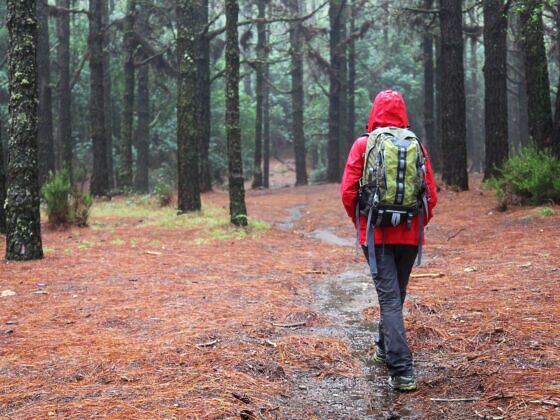Every few years I get this strange feeling.
It is something hard to explain – I feel antsy, like I am supposed to be doing something important, but can’t quite figure it out.
Like that feeling when you have something on the tip of your tongue and it is so frustrating that you can’t spit it out.
